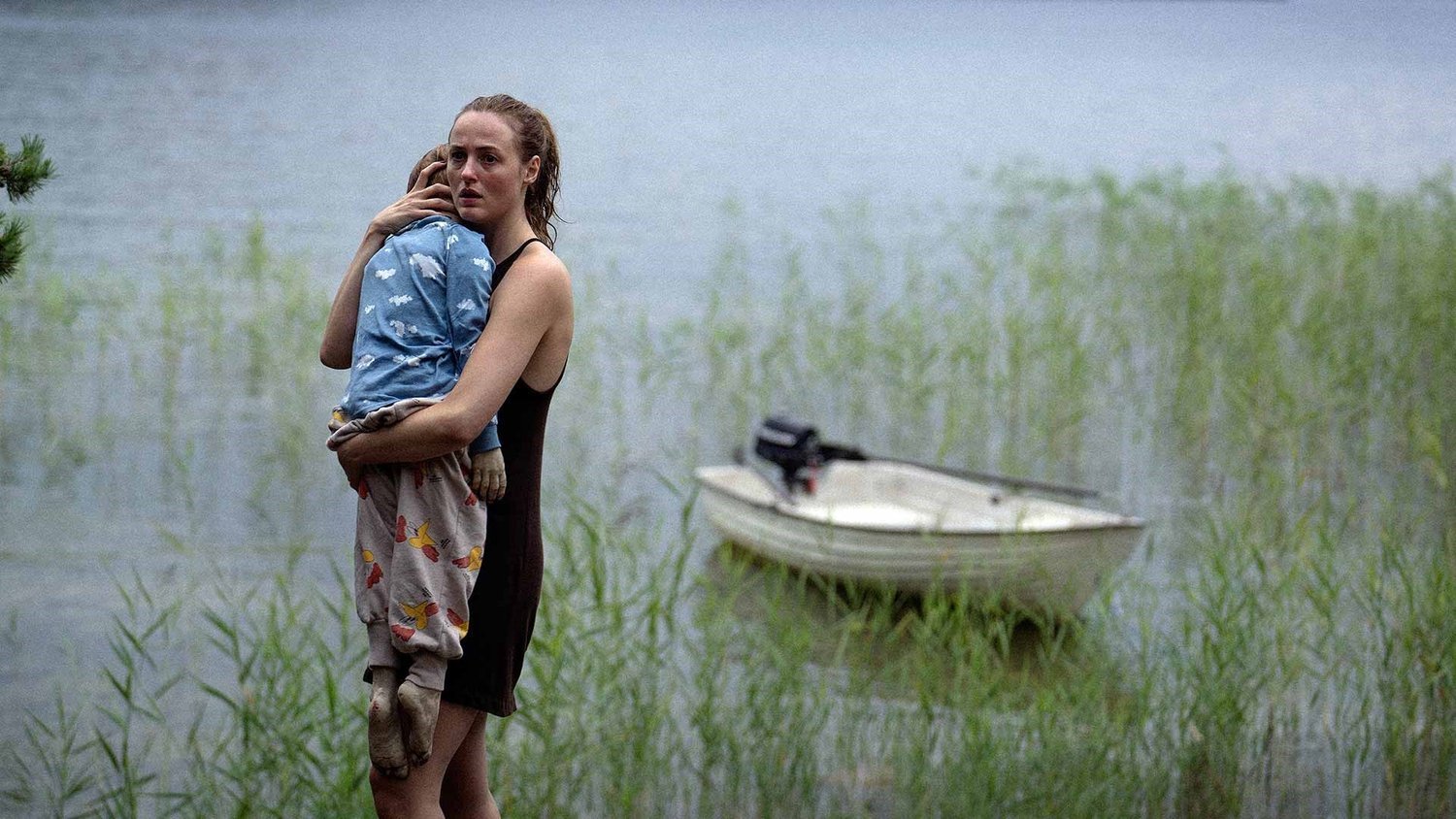“Mixing Realism with the Supernatural” | Thea Hvistendahl, Handling the Undead
Courtesy of Morten Brun.
On a hot summer day in Oslo, the dead mysteriously awaken, and three families are thrown into chaos when their deceased loved ones come back to them. Who are they, and what do they want?
In Thea Hvistendahl’s Handling the Undead, a family is faced with the mother’s reawakening before they have even mourned her death after a car accident; an elderly woman gets the love of her life back the same day she has buried her; a grandfather rescues his grandchild from the gravesite in a desperate attempt to get his daughter out of her depression.
Screening Wednesday, May 8, at 9:45 p.m, at the Music Box Theatre as part of the Chicago Critics Film Festival (get tickets now), Hvistendahl’s film is a drama with elements of horror about three families, a story about grief and loss, but also about hope and understanding of what we can’t comprehend or control.
Ahead of Handing the Undead screening at the Chicago Critics Film Festival, Hvistendahl graciously took the time to answer this year’s CCFF filmmaker questionnaire. Below, her individual responses.
How did you first become interested in filmmaking? What was your path toward directing your first film?
Watching Mulholland Drive for the first time was really what opened the world of cinema to me, but only several years later did the idea cross my mind that I could become a director. Since then, I’ve worked my way towards that goal. First, I went to a film school in Oslo, Norway, and then I continued to direct music videos, shorts and commercials while also working as an assistant on bigger projects. In 2017, I made a hybrid documentary-concert-fiction film, The Monkey and The Mouth, for Norway’s biggest musical act. It was screened all over the country, for one weekend only, to rave reviews. After that, I focused on fine-tuning my own voice and style through a couple of shorts before I ultimately got the rights to Handling The Undead.
What inspired you to make the film you're bringing to the festival?
It was really the mood, tone, and characters from the book and, of course, the naturalistic take on the premise. The writer, John Ajvide Lindqvist, is so talented in mixing realism with the supernatural in a really interesting way. I was drawn to how the book balances between being emotional and unsettling and how it treats the awakening of the undead as a true metaphor for grief, but also how it was more about the living characters than the undead. The book is truly heartbreaking, and it managed to ultimately make a story about the undead into a story about love. I also found it fascinating to make a multi-strand story, where the characters were only connected by theme and circumstances. This was definitely challenging but, again, that’s what makes a project interesting.
Tell us about a film that you consider a guiding influence (whether it has informed your overarching vision as a filmmaker, directly informed the title you're bringing to the festival, or both).
A film that really opened my eyes to what the horror genre can also be was Innocence by Lucile Hadžihalilović — how the dread mostly comes from withholding information and the way she uses cinematic tools. How the horror comes mostly from the atmosphere she creates and the space she leaves for the audience to reflect. Another filmmaker that has been a great inspiration for me is Lynne Ramsay. Everything she makes is pure cinema. She’s a master of conveying story through images.
Tell us about a location that's held significance to the film you're bringing to the festival: a setting where filming took place, a geographic area that provided a source of inspiration, or another type of space that comes to mind for you in thinking about the film. What made this place so special?
The film is set in Oslo, the city where I live and a city that I love. But, due to financing, we had to shoot the film in three different countries. One of them was Greece, and I’m so happy that we shot there, because there we found the old women’s house. It is so beautiful and special and really gives a lot of texture to their story and to the film. But, as it’s a famous house in Athens, it also has a lot of crazy stories linked to it, which made the experience of shooting there a bit absurd.
The theatrical experience brings us together to celebrate artistic experience and expand our horizons as human beings. Tell us about a memorable theatrical experience from your life.
When I saw Enter The Void by Gaspar Noé, that was an experience of being completely blown away; I had to go back and watch it again the next day. It was so refreshing to see and to experience, and I’m so impressed by his vision and his dedication to get it made.
